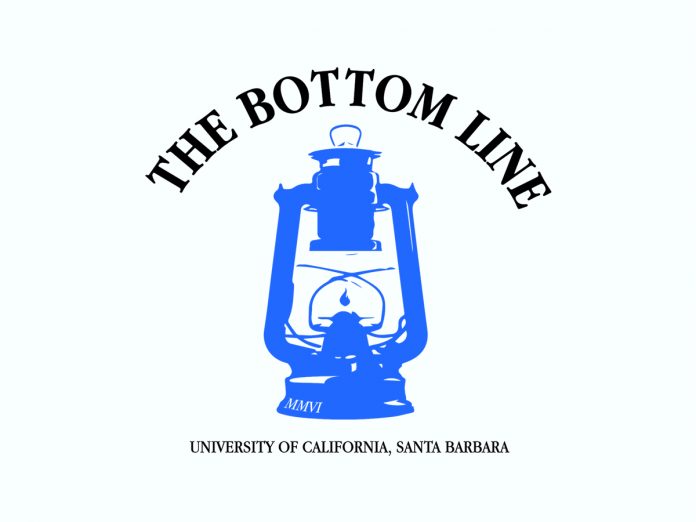Minh Hua
Campus Beat Reporter
In addition to addressing the vacant External Vice President of Statewide Affairs position and the appointment of the first and second pro tempore, the Associated Students Senate meeting on Wednesday discussed proposed changes to the UC Title IX policy, with particular concern on the issue of mandated reporting.
Jennifer Selvidge, the UC Title IX Student Advisory Board campus liaison and graduate representative, gave a presentation on the proposed changes to the UC Title IX policy, stressing the importance of these changes and their re-assurance that students’ voices will be heard.
USCB is updating its policy so that it can withhold documents such as transcripts or diplomas if a student accused of sexual assault refuses to respond to a notice of charges. The university will also have the power to stop a suspended student from transferring to any other UCs.
Selvidge also described possibly adding a step to the appeals process, where the Appeals Board can remand any case for further investigation if they judge that there was insufficient information.
In addition, the proposed changes seek to restrict attorney presence during the university’s adjudication process. The federal government allows students a legal advisor of their choice, but the university will have jurisdiction over these advisors’ inputs. Restrictions may include not allowing the attorney to speak on the behalf of the client or to interrupt during court proceedings.
“They were finding that a lot of times when one party had an attorney, the attorney was running the show, asking all the questions, and treating it like a cross-examination which is not what it’s supposed to be,” said Selvidge.
During the presentation, Off-Campus Senator Jalia Carleton-Carew inquired about whether or not there were changes to the Title IX mandated reporter requirements. Currently, Title IX requires student workers such as residence and teaching assistants to report any issues that students bring up.
Selvidge responded that there are no proposed changes to mandated reporting, but that there has been a lot of opposition to the present requirement.
Leah Norris, the lead Teaching Assistant of the English department, told The Bottom Line, “if someone were to start confiding in me, I have a responsibility to stop them and tell them about Title IX, which could be extremely upsetting to someone trying to tell their story for the first time.”
In an interview with The Bottom Line, Selvidge said, “personally I don’t think that any student workers should be mandated reporters because we are sometimes in the role of workers, but far often we are in the role of peers and peer-mentor.” She stressed that the responsibility should fall on campus faculty because the relationship between faculty and students is more professional.
According to a study done by University of New Hampshire, mandated reporting can sometimes be detrimental as it incurs “unreasonable financial expenditure and possible negative side effects for children involved in unsubstantiated reports.”
During the meeting, Assistant Director for Government Affairs LaDonte King also brought up that one of the two Green Dot orientations was finished on Tuesday. According to UCSB Housing, Dining & Auxiliary Enterprises, “Green Dot is about engaging students in bystander intervention to create a safe campus environment through the power of community.”
“It was about how the leadership of this campus can include Green Dot and bystander intervention training on campus,” said King.
Selvidge stressed that the UC Title IX Student Advisory Board is open to input from students who have comments on the proposed changes. Students looking to provide comment can contact Selvidge at selvidge@umail.ucsb.edu.












M Klawunn wants us all to keep discussing, forever, because she does not want anything done.
Comments are closed.